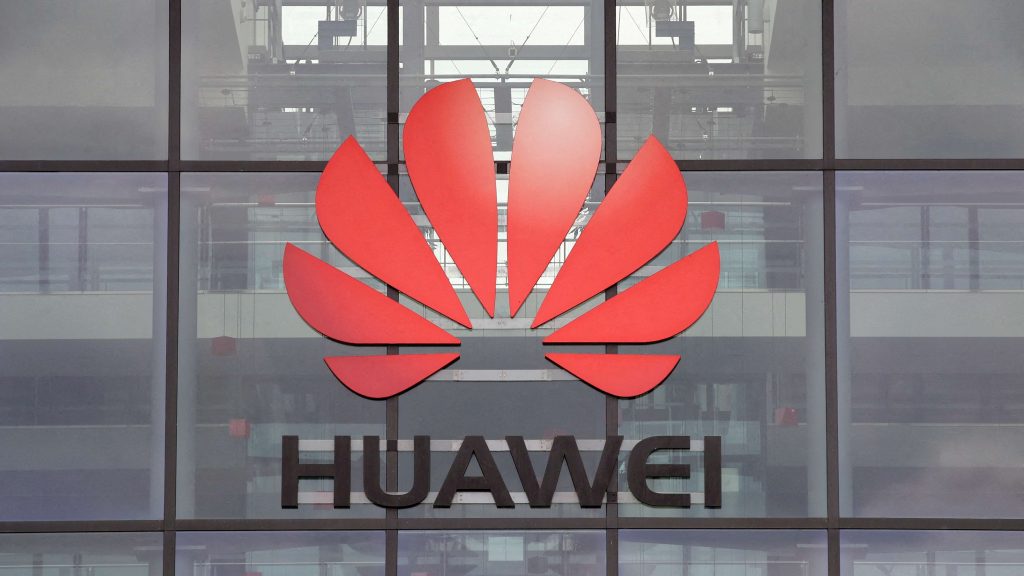
The House of Representatives is set to vote next week on a bill to crack down on Chinese telecommunications companies Huawei and ZTE Corp that have been deemed security threats by the U.S. government.
The House said on Tuesday it will take up a bipartisan bill called the Countering Untrusted Telecommunications Abroad Act that would require the State Department to report on U.S. NATO allies and others using telecommunication equipment or services in their 5G networks from companies like Huawei and ZTE.
“We need to redouble our efforts to protect our national security and interests, help our allies take vital measures for their own security, and stand firmly in defense of fundamental rights,” said Representative Susan Wild, the Democratic sponsor of the measure.
The legislation would also require publicly traded companies to disclose whether they have contracted to use Huawei or ZTE or services covered under the bill. Huawei and ZTE did not immediately comment.
The bill would also mandate a report on telecommunications vulnerabilities in U.S. embassies overseas, and direct the U.S. State Department to identify key telecommunications infrastructure projects to promote U.S. national security.
The Federal Communications Commission in November banned approvals of new telecommunications equipment from Huawei and ZTE, saying they pose “an unacceptable risk” to U.S. national security.
Last year, the Chinese embassy in Washington said the FCC “abused state power and maliciously attacked Chinese telecom operators again without factual basis.” Huawei has repeatedly denied allegations of wrongdoing and said the U.S. government has “unlawfully and irrationally” targeted the company.
Washington’s efforts to counter the Chinese tech giants come amid U.S. fears that Beijing could use them to spy on Americans. Washington has for years pressured U.S. allies not to use Huawei or ZTE equipment from 5G networks or remove gear from existing networks.
In 2019, Congress directed the FCC to order U.S. telecoms carriers receiving federal subsidies to purge their networks of telecoms equipment posing national security risks, with promises of reimbursement.
The FCC designated Huawei and ZTE as threats, requiring U.S. companies to remove their gear or be frozen out of an $8.3 billion government fund to purchase new equipment. However, to fund the so-called “rip and replace” effort, Congress only appropriated $1.9 billion.
The FCC said last year companies need another $3 billion to remove from U.S. networks equipment made by Chinese telecoms giants Huawei and ZTE bringing the total estimated cost to $4.98 billion.
WASHINGTON (Reuters)
Inside Telecom provides you with an extensive list of content covering all aspects of the Tech industry. Keep an eye on our News section to stay informed and updated with our daily articles.